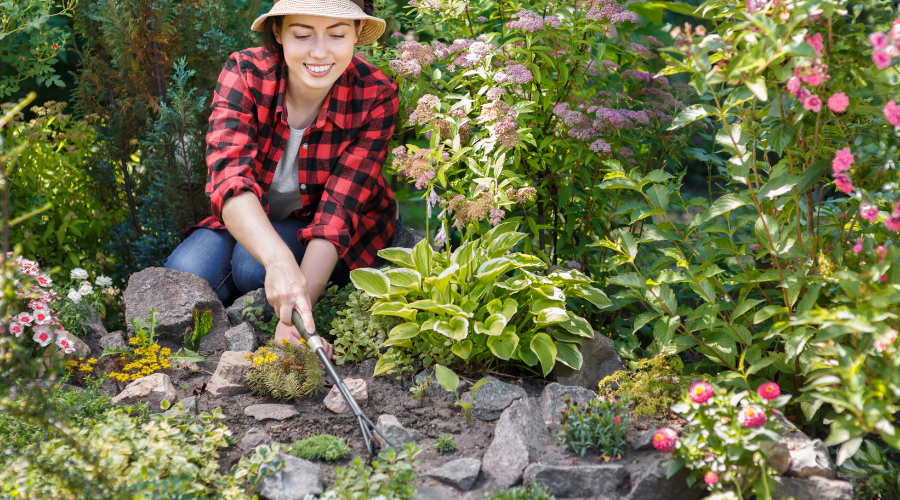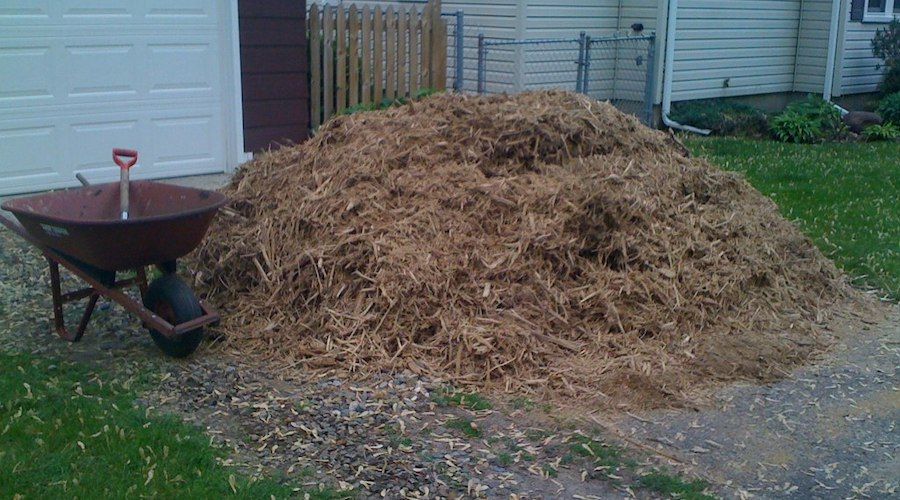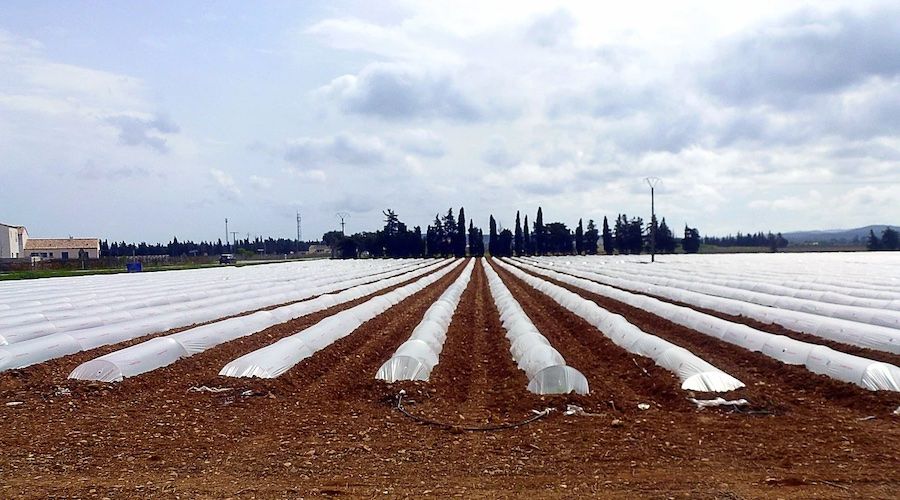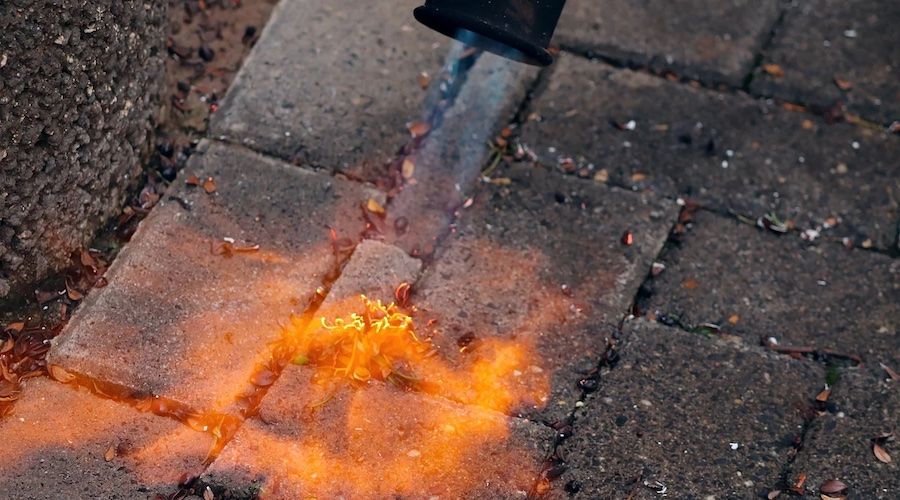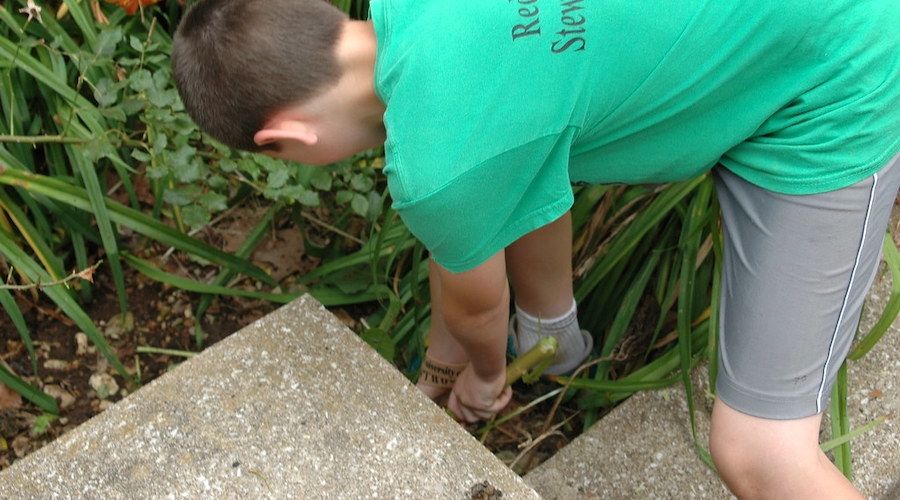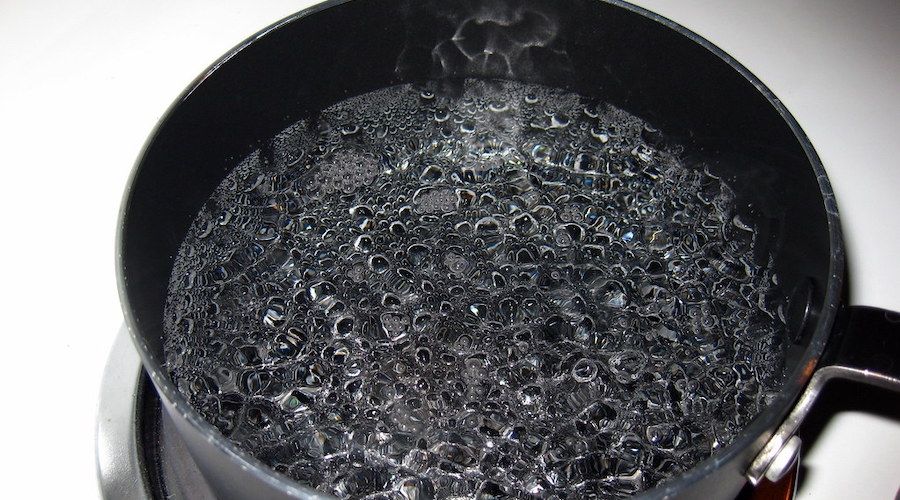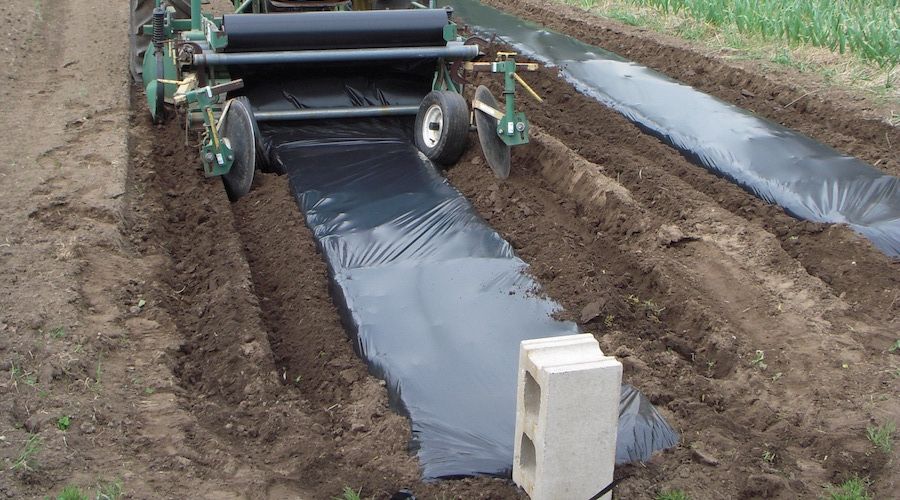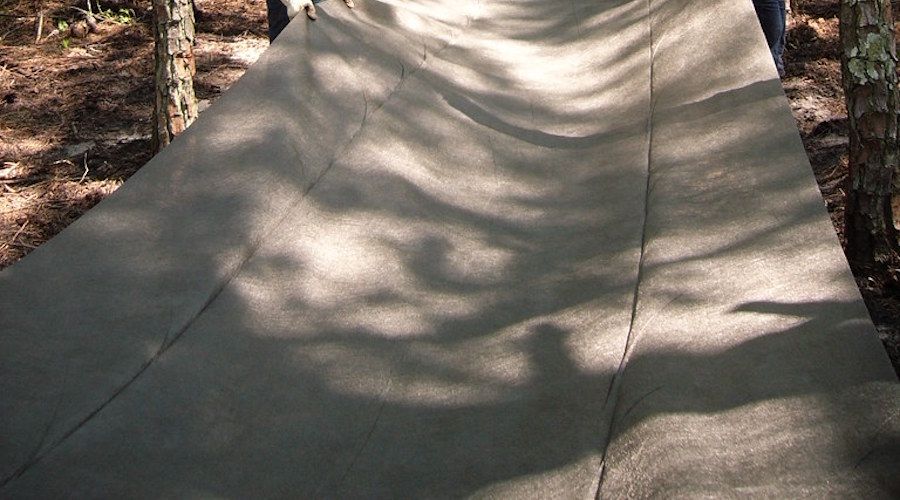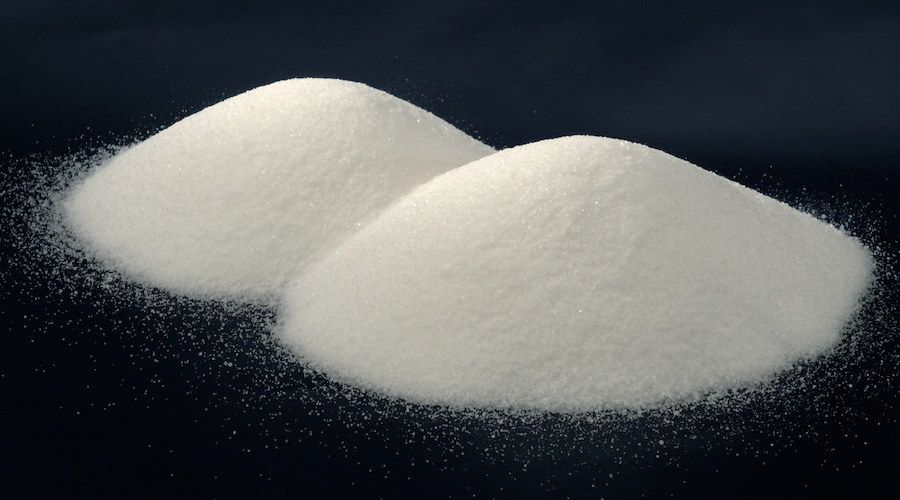For most people looking to kill weeds naturally, organic weed control results in the strenuous ability to get down on your knees and pull them directly from the soil. For most of us, this task can be more daunting than it is efficient, and for others, it can be downright painful. There are plenty of types of weeds out there that can continuously shoot up all over the place.
So it’s important that we pull when we can, but we must also implement a plan that is more conducive to our time and strategy. While weeds cause damage to our gardens, some are also considered soil healers. For example, weeds like vetch and clover, which are pretty common around gardens, can fix the nitrogen content in your soil.
In a nutshell, weeds are definitely a nuisance in most cases and should be dealt with accordingly. But it would be sacrilege to not mention that weeds also bring a bit of positivity to the table.
When thinking about getting rid of the weeds from your garden, it is important to note that results may vary and the methods involved can seem rather extreme. We have listed everything from boiling water to flamethrowers, so please choose the options that are easy for you to implement without causing harm to yourself, others, or your plant family.
While hand weeding can be very useful for smaller gardens or in some hard-to-reach areas, it is highly recommended to bring in a new perspective on how you will accomplish the task. The most important part is that an organic weed-killing strategy will do great things for your piece of Earth, and not bring harm to anything that may come in contact with the final product.
How to Kill Weeds Naturally in 8 Eco-Friendly Ways
1. Mulch
Image credits: Joe Hoover via Creative Commons
Like all garden plants, weeds need the right mixture of warm soil and sunlight to survive. By using mulch as a natural weed blanket, you can rid your garden of weeds once and for all. All you need is about a 2-inch layer of mulch around your plants, and due to a lack of sunlight, the weeds will never have the strength to push past the barrier. Problem solved!
2. Solarizing
Image credits: rauschenberger via Pixabay
Soil solarization or “solarizing” involves covering your garden bed with a transparent polyethylene tapestry, which allows the concealment of solar energy within the soil. Once the sun heats up the soil, the temperatures will be hot enough to disrupt the perfect climate weeds need to grow, and will also rid your garden of harmful bacteria, mites, and other pests that may be hiding under the soil.
3. Flaming
Image credits: manfredrichter via Pixabay
Weeds do not like fire. The ability to use nature against nature is truly a work of art. Instead of filling your soil with plenty of terrible herbicides, a meticulously handled flame can bring an end to our imposter green cohorts. Typically by using liquid propane or natural gas, a torch with cross-flaming burners will be your ally in the garden. Of course, read the manuals for any device you may use, and exercise extreme caution when operating anything that involves handling fire and gas.
4. Hand Weeding
Image credits: LandBetweentheLakesKYTN via Creative Commons
When in doubt, pull em’ out! If you ever need to weed an area, or at least do a significant portion before the store opens up, pulling out weeds by hand is the traditional way to go. Keep in mind that this isn’t going to be very effective if the land you are tending to is somewhat large. But for smaller gardens, it never hurts to pull out the weeds directly from the roots, as long as you don‘t bother the plant life around it.
5. Boiling Water
Image credits: Skakerman (Archive) via Creative Commons
While it may not be the first idea that pops into your mind pertaining to organic weed killing, rest assured, it is a tried and true method. By simply pouring boiling water on weeds, you will change the climate that is necessary for weeds to thrive, and stunt their growth and existence for good!
6. Call in Livestock
Image credits: donjd2 via Creative Commons
Of course, you can always get a few animals that love to graze on weeds. Some people say you may need to teach livestock, like cows, how to detect the weeds by sneaking them into their normal grazing spots. But for the most part, animals will figure out exactly what is most tasty to them, and typically, weeds are definitely on the menu.
7. Ground Covers
Image credits: Dwight Sipler via Wikimedia Commons
Ground covers are a similar option to organically killing weeds with mulch. However this time, a cover is used that won't wash away in heavy rains or damage a good pair of boots by accident. By putting a ground cover over a bed of weeds you essentially suffocate them out and permanently block their source of light. Many of the new options help to conserve moisture in your garden as well.
8. Landscape Fabric
Image credits: VSPYCC via Creative Commons
Landscape fabric is probably the simplest and oftentimes most efficient way of handling a weed problem. Landscape fabric stops any weed seeds from germinating in your garden, or ever taking root within the soil. Due to its breathable nature, Landscaping Fabric actually allows a decent amount of air and water through its pores, as well as a number of nutrients in order to sustain some of the desired plant life within the garden.
DIY Weed Killers vs Chemical Weed Killers
There are many differences that can be talked about in regards to the difference between a DIY weed killer and a store-bought chemical weed killer. However, one of the most important differences is that a chemical weed killer can have many harmful chemicals that can damage your plants, wildlife, and maybe even other humans.
Chemicals like glyphosate can pose a threat to the natural serenity of your garden, and while the chemical may work well, it can be unhealthy and dangerous. Chemical weed killers are definitely more expensive than the vinegar option you can choose to concoct, and will exponentially longer as well.
The Use of Salt to Kill Weeds Naturally
Image credits: SoraZG via Creative Commons
Using salt to kill weeds can ruin your soil because it causes dehydration. Even with a restrictive approach to using salt to kill weeds, you still will have to go through extra steps to dilute the ground if rain does not do it first, and you run the risk of making your garden’s soil inhabitable and unsuitable for any plant growth at all. Instead of creating a plan on how to use salt, the above methods are safer alternatives that are more effective and require less effort.
In Summary
Weeds can be very annoying, but getting rid of them doesn’t have to be. By using one of our verified methods to rid your garden of weeds, you can save yourself a lot of trouble and a lot of money to complete the task. Professionals are also available to help you if needed, but if you have the dexterity to tackle the work yourself, we hope you find the perfect solution to any weed problem you may be facing.

